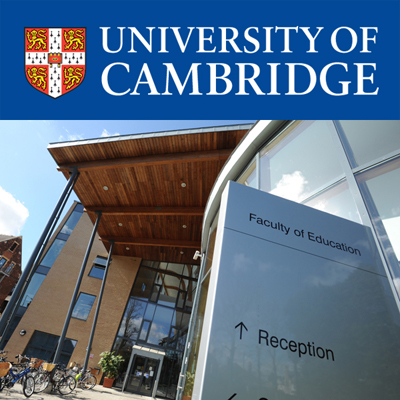1) Adventures in Transparency: The Kazakhstan Data Warehouse Project. 2) Narratives of Schooling During the 1992-97 Civil War in Tajikistan.
Duration: 1 hour 17 mins
Share this media item:
Embed this media item:
Embed this media item:
About this item

| Description: |
1) One of the persistent laments of analysts focusing on the Kazakhstan postsecondary education system is the absence of consistent, and, in some cases, reliable data for comparing institutions, on the one hand, and, on the other, for generating a reliable summary of the postsecondary education system as a whole.
2) This seminar explores the narratives of Pamiri men and women who were in primary and secondary school during the brutal conflict that divided the country in the wake of its independence. |
|---|
| Created: | 2015-04-10 09:04 | ||||
|---|---|---|---|---|---|
| Collection: | Kazakhstan programme open seminar series | ||||
| Publisher: | University of Cambridge | ||||
| Copyright: | Professor Robert Zemsky, Professor Carole Faucher | ||||
| Language: | eng (English) | ||||
| Distribution: |
World
|
||||
| Keywords: | Kazakhstan Postsecondary Education; Nazarbayev University Graduate School of Education; University of Pennsylvania Graduate School of Education; Multi-institutional Data Utility; IPEDS; Professor Robert Zemsky; Pamiri; Shi’a Ismaili; Gorno-Badakhshan Autonomous Oblast (GBAO); Tajikistan; Dushanbe; Professor Carole Faucher; | ||||
| Credits: |
|
||||
| Explicit content: | No | ||||
| Aspect Ratio: | 4:3 | ||||
| Screencast: | Yes | ||||
| Bumper: | UCS Default | ||||
| Trailer: | UCS Default | ||||
| Abstract: | 1) The Kazakhstan Data Warehouse Project – a joint effort of the Nazarbayev University Graduate School of Education and the University of Pennsylvania Graduate School of Education – is a multi-year effort to solve both of these problems by developing and training individual institutions in the use of a multi-institutional data utility loosely modeled after the IPEDS data system in the United States. Robert Zemsky of the University of Pennsylvania will describe the progress of the Data Warehouse Project to date, demonstrate its software, and outline the project’s training and development plans for the next two years.
2) The Pamiris, who follow the Shi’a Ismaili faith and speak distinctive East-Iranian languages, form the majority of the population of the Gorno-Badakhshan Autonomous Oblast (GBAO). Education represents a strong moral value for the Pamiris and thus, being able to attend school during periods of high uncertainty meant, for all the interviewees involved in that project, continuing to live in accordance with the values inculcated generation after generation. Depending if one was in GBAO or in the capital Dushanbe the conflict was lived quite differently. However, in all narratives, the school is described as a site where not only formal learning took place, but where one could feel safe and protected. The memories discussed in this paper are articulated around three different but intertwined themes: locating the self in relation to others and the awareness of difference; the deep transformational effect of the war and how it permeates all aspects of everyday life; the feelings of normality and safety provided by the school. |
|---|---|

